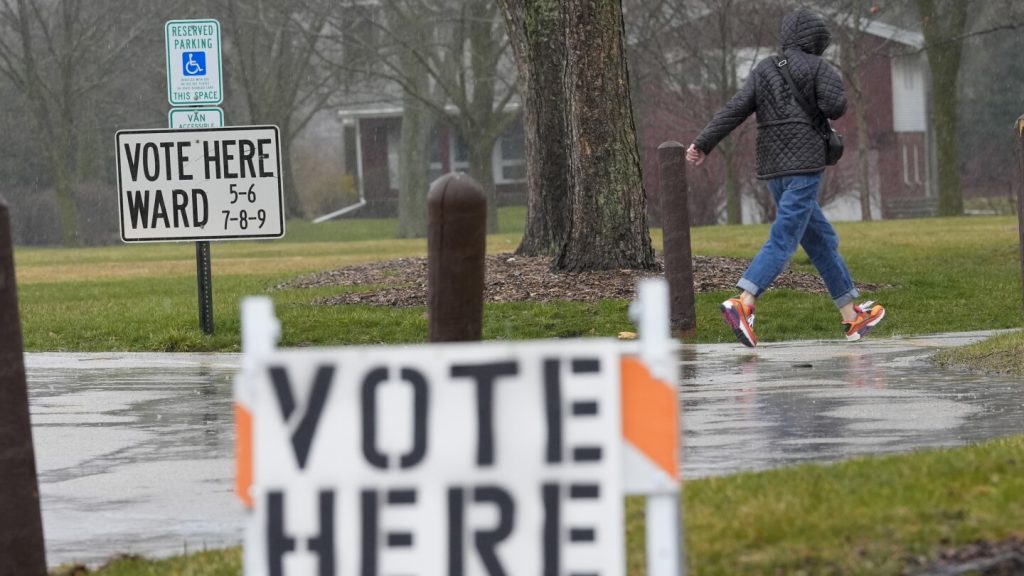The Wisconsin Supreme Court heard arguments in a case involving a lawsuit challenging the use of a mobile voting van that was used in a primary election in 2022 and seeks to ban their use in future elections. The van allowed voters in Racine to cast absentee ballots in the two weeks leading up to the election. The court’s decision will determine whether mobile voting sites can be used in future elections, although it will not impact the upcoming November election as a ruling is not expected until later.
The focus of the oral argument was on whether the plaintiff, Racine County Republican Party Chairman Ken Brown, had standing to bring the lawsuit. The attorney representing Brown argued that as a voter, he had the right to file a complaint if he believed an election official was breaking the law. On the other hand, the attorney for the Wisconsin Elections Commission argued that the voter in this case was not personally injured and therefore should not be able to bring a lawsuit challenging the use of the mobile voting van. If the court rules that Brown did not have standing, it could set a precedent for future election-related lawsuits.
The Republicans argue that mobile voting sites are against state law, increase the risk of voter fraud, and can be used to influence election outcomes. The one instance where a mobile voting van was used in Racine was funded by a grant from the Center for Tech and Civic Life, which Republicans have criticized as an attempt to sway turnout in Democratic areas. Racine city Clerk Tara McMenamin defended the use of the van as a way to make voting more accessible to residents and emphasized that it was only used for early in-person voting during the two weeks prior to the election.
Wisconsin voters recently approved a constitutional amendment banning the use of private money to help run elections, which adds another layer to the legality of using grants like the one from the Center for Tech and Civic Life. Brown filed a complaint with the Wisconsin Elections Commission after the primary election, alleging that the mobile voting site was against state law. Despite the commission dismissing the complaint, Brown proceeded to sue, leading to a Circuit Court ruling that state election laws do not allow for the use of mobile voting sites. The Wisconsin Supreme Court is currently considering the case and has kept in place the ruling prohibiting the use of mobile voting sites in the upcoming presidential election.
The ruling by the Wisconsin Supreme Court in this case could have broader implications for future elections in the state, as it will determine the legality of mobile voting sites. The controversy surrounding the use of the mobile voting van in Racine has sparked a debate over election laws and procedures, with Republicans arguing that certain practices are open to abuse and could influence election outcomes. It remains to be seen how the court will rule on this case and what impact it will have on future election practices in Wisconsin.


